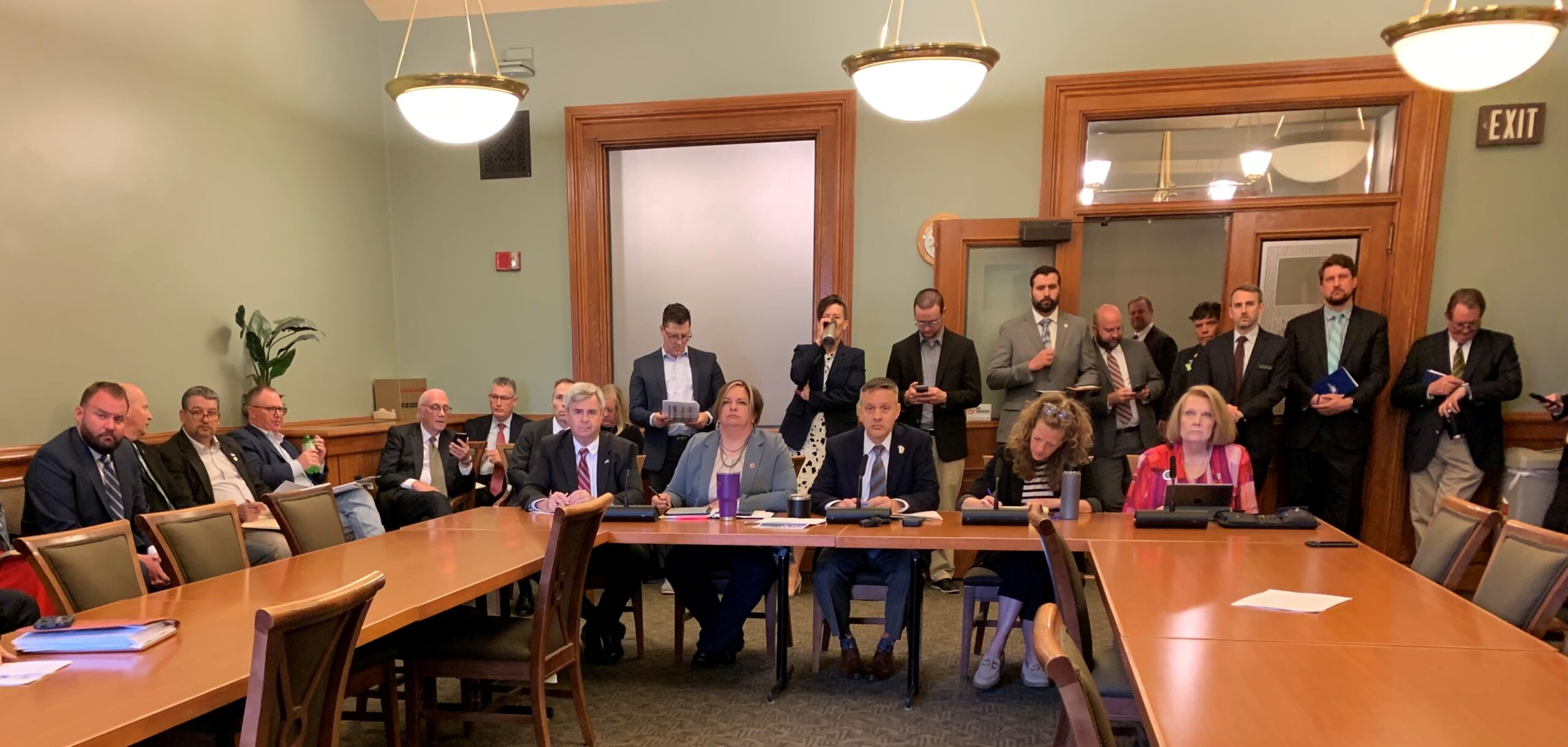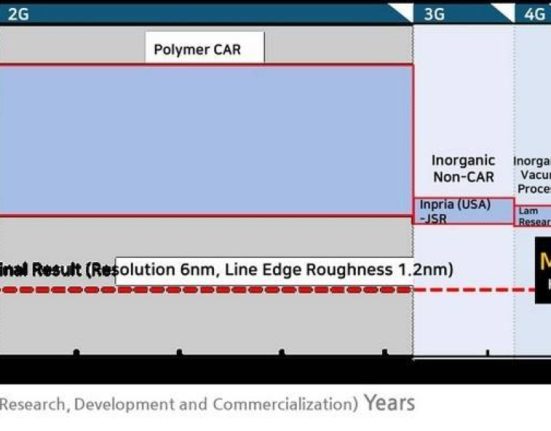A key GOP senator has unveiled a new version of a property tax reform package.
It no longer includes a $50,000 property tax exemption for homeowners. Senator Dan Dawson of Council Bluffs, chairman of the Senate Ways and Means Committee, said that “one size fits all” number didn’t work, since it would wipe out most property tax revenue for small towns where home values are low.
“What we’ve proposed here now is every homestead gets a 25% discount on the value of their house, up to $125,000,” Dawson said. “That, I think, really hits the mark between the small communities and the large communities from the feedback that we were getting.”
The bill still sets a 2% limit on city and county budget increases, however it would allow local government budgets to rise during periods of high inflation. Iowa Taxpayers Association executive director Nate Ristow suggests that needs tweaking.
“It would potentially be a 5% revenue increase that would be allowable,” Ristow said. “that there be some sort of clarification and incentive in there for communities that don’t fully utilitize the allowable levy increase.”
Dawson indicated the bill is a priority for passage before legislators adjourn for the year. “The system is breaking a part folks,” Dawson said during a senate subcommittee hearing on the legislation this morning. “…I mean, we have a duty to start acting for Iowans and start to reform the system.”
Dawson said there may be more changes before the bill is debated in the full senate. The bill currently provides about $400 million in property tax relief by increasing state support of public schools in the future.
“We need to proceed with caution when we say the state’s going to pick up a portion of the tab,” Senator Janet Petersen, a Democrat from Des Moines, said. “I really want to make sure we’re in a decent spot with that, so our school budgets don’t take a hit.”
Peterson points to the budget plan Governor Reynolds unveiled in January. It called for about $900 million in withdrawals from state reserves for the state spending year that begins July 1.







